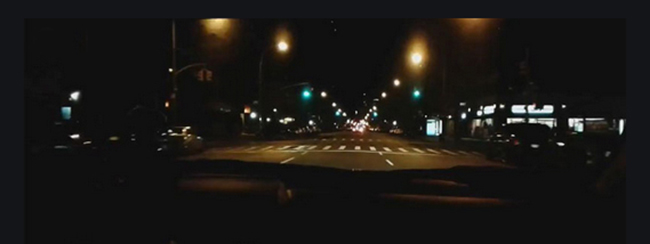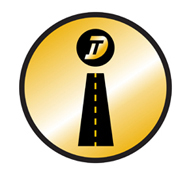

Exemption to purchasing process makes
Intelligent Transportation Systems
an even smarter option

You know those rare occasions when you’re driving in your car and it seems that every light in your path turns green? If you’re like me, you feel like it’s your lucky day and everything’s coming up Milhouse. You may want to hold off on spending your paycheck on lottery tickets however, because more than likely that streak of good luck wasn’t luck at all, but rather an Intelligent Transportation System (ITS) operating in the background.
Intelligent Transportation Systems are complex systems of sensors, cameras, computers, controllers and much, much more. The components of these systems work together to continually read traffic and forecast the best possible way to keep traffic moving.
“The purpose of ITS is to reduce the travel time of commuters while simultaneously enhancing safety and comfort,” explains ITD Senior Buyer Denise Cooley. “With these systems, we are really able to improve the efficiency and movement of traffic.”
These systems contain many parts that work together to ensure proper function. If one component fails, the ITS for a particular corridor or intersection may become inoperable.
“The ability to quickly replace the non-functioning piece in order to get it back up and running is vital in terms of public safety,” says Cooley. “That’s why we sought an alternate path to the traditional purchasing process.”
Previously, replacing something as simple as a damaged signal cabinet would take anywhere from days to weeks before an order could be placed. Cooley realized it would be beneficial to ask for an exemption from the time-consuming competition or emergency purchase process. She took this request to the Department of Purchasing in the summer of 2019, and they agreed.
“Now, if failure of an ITS component is deemed an emergency or threat to public safety, or it’s part of a proprietary system, meaning it’s replacement requires a specific make or brand, we don’t have to go through the exemption or bid process. I can simply pick up the phone and order what we need.”
In instances where replacement or repairs are not deemed an emergency, the solicitation process is still followed.
Over the course of a year, Cooley said they have been able to forgo 13 solicitations. “A conservative estimate would be three weeks of time savings for each of these solicitations; 3x13 equals 39 weeks, and that’s a huge time and cost savings to the department.”
Not only does this exemption save the department in staff hours and costs, it aligns with ITD’s mission, as intelligent transportation systems play a key role in the safety, mobility and economic opportunity of motorists throughout the state.
Published 08-21-20